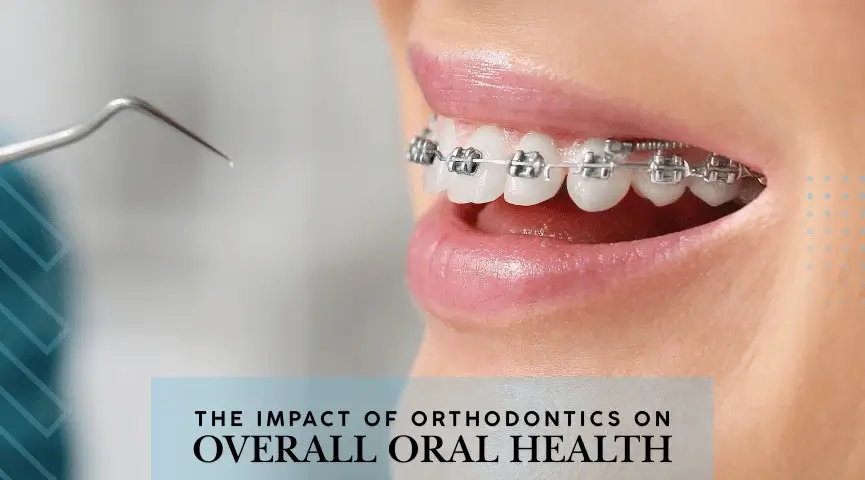
January 14, 2024
Dental health is an essential part of overall well-being, yet many people struggle to afford necessary treatments, especially costly procedures like dental implants. Medicaid, a government-funded health insurance program for low-income individuals and families, offers varying levels of dental coverage depending on the state. But does Medicaid cover dental implants? The answer is complex, as coverage depends on multiple factors, including state policies, medical necessity, and alternative treatment options.
Understanding Medicaid Dental Coverage
Medicaid is administered at the state level, meaning coverage for dental procedures can differ widely from one state to another. While Medicaid is required to provide dental care for children through the Early and Periodic Screening, Diagnostic, and Treatment (EPSDT) benefit, adult dental coverage is optional and varies significantly.
Most states provide some level of dental benefits to adults, but the extent of coverage can range from emergency care only to comprehensive dental services. Routine cleanings, extractions, and fillings are often covered, while more extensive procedures like dentures, crowns, and implants may not be included.
Does Medicaid Cover Dental Implants?
Dental implants are often classified as a cosmetic or elective procedure rather than a medically necessary one. Since Medicaid primarily covers essential health services, implants are rarely included. However, some states may approve Medicaid coverage for dental implants if they are deemed medically necessary.
When Are Dental Implants Considered Medically Necessary?
Certain conditions may qualify a patient for dental implants under Medicaid, including:
- Severe Tooth Loss Due to Injury or Disease: If a patient has lost teeth due to an accident, cancer treatment, or another serious medical condition, implants may be deemed necessary.
- Difficulty Eating or Speaking: If missing teeth severely impact a person’s ability to chew food properly or speak clearly, implants might be considered a medical necessity.
- Jawbone Deterioration: In some cases, if bone loss in the jaw threatens a person’s overall oral health, implants may be an approved treatment.
- Other Medical Complications: Certain systemic health conditions that require a stable oral environment (such as diabetes or heart disease) may also contribute to eligibility.
Even if an individual meets these criteria, they often must undergo a thorough approval process, including recommendations from both dental and medical professionals.
Medicaid Coverage for Alternative Restorative Dental Treatments
Because dental implants are rarely covered, Medicaid often offers alternative restorative treatments, including:
- Dentures: Traditional or partial dentures are a more affordable option that is commonly covered by Medicaid.
- Bridges: Fixed or removable dental bridges can replace missing teeth at a lower cost than implants.
- Crowns: If the tooth root is still intact, a crown might be an effective way to restore function without the need for extraction and replacement.
- Root Canals: When possible, Medicaid may cover root canals to save a damaged tooth rather than opting for extraction and replacement.
State-by-State Medicaid Dental Implant Coverage
Medicaid rules regarding dental coverage vary widely across states. Some states provide broader dental benefits, while others offer minimal services. Here are a few examples:
- California (Medi-Cal): Offers extensive adult dental benefits, but implants are typically not covered unless deemed medically necessary.
- New York: Covers some restorative dental treatments but does not usually include implants.
- Florida: Provides only limited adult dental coverage, focusing mainly on emergency extractions.
- Texas: Medicaid dental benefits for adults are minimal, and implants are not included.
To determine specific coverage in your state, you should contact your local Medicaid office or visit the state Medicaid website.
How to Apply for Medicaid Dental Implant Coverage
If you believe your condition qualifies for Medicaid-funded dental implants, follow these steps:
- Consult a Dentist and Physician: Obtain a professional opinion on whether implants are medically necessary.
- Gather Medical Documentation: Keep records of conditions that support the necessity of implants, including X-rays, doctor’s notes, and previous treatment records.
- Submit a Prior Authorization Request: Your dentist or physician will typically need to submit a request to Medicaid for approval.
- Appeal if Necessary: If your request is denied, you can appeal the decision and provide additional medical evidence supporting your case.
Other Ways to Afford Dental Implants
If Medicaid does not cover your dental implants, there are alternative ways to manage costs:
- Dental Schools: Many dental schools offer discounted implant procedures performed by supervised students.
- Non-Profit and Charity Programs: Some organizations, such as the Dental Lifeline Network, provide assistance to low-income individuals needing dental care.
- Payment Plans and Financing Options: Many dental offices offer financing plans that allow patients to pay for implants over time.
- Discount Dental Plans: These plans provide reduced rates on various dental services, including implants, through participating providers.
- Clinical Trials: Some research institutions conduct clinical trials for new dental procedures and may offer free or reduced-cost treatment.
Final Thoughts
Medicaid coverage for dental implants is highly dependent on individual state policies and whether the procedure is considered medically necessary. While Medicaid often does not cover implants, alternative restorative dental options are usually available. If you believe you qualify for coverage, work with your dentist and Medicaid representatives to explore your options. Additionally, seeking alternative financial assistance programs or low-cost treatment providers can help make dental implants a possibility.
For the most accurate and up-to-date information, contact your state’s Medicaid office or visit their official website. Good oral health is crucial for overall well-being, and exploring all available options can help you achieve the best possible care.






